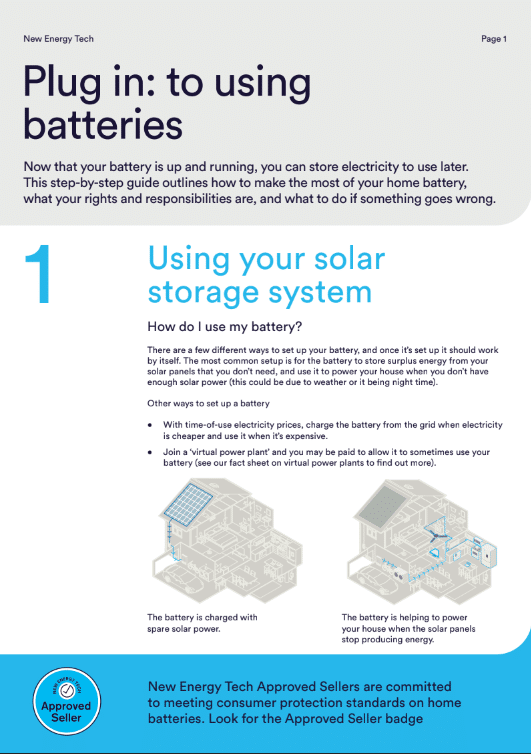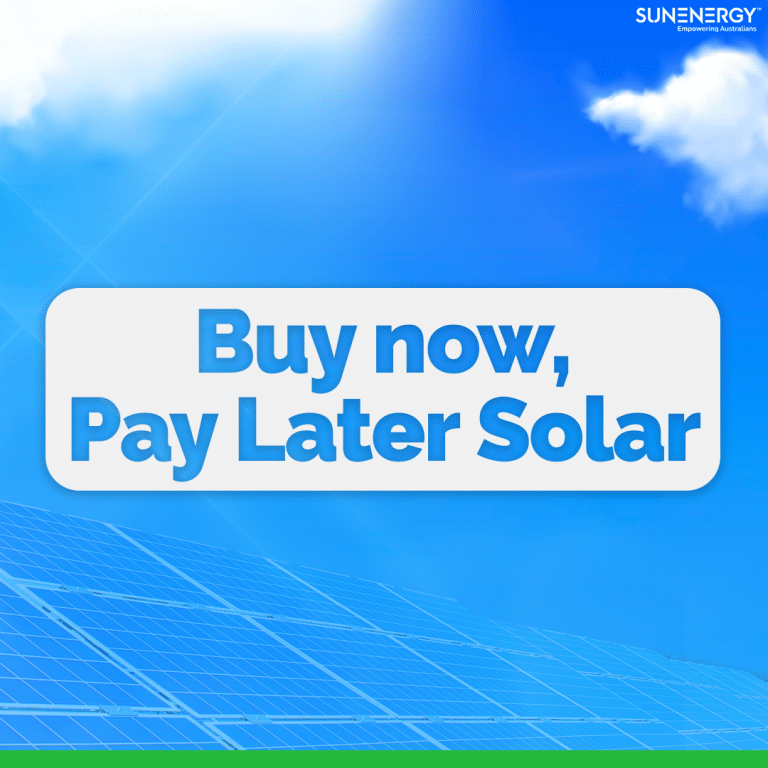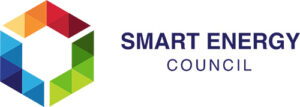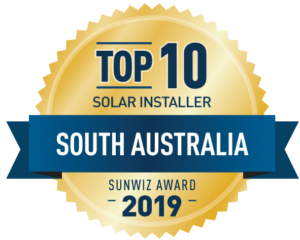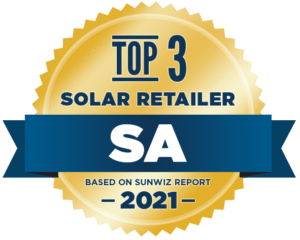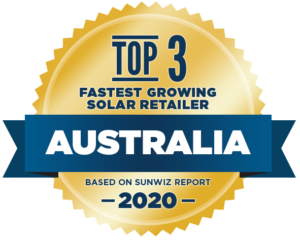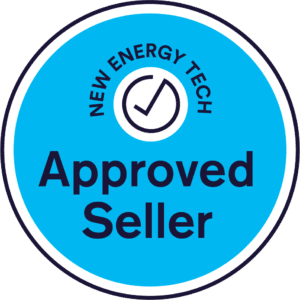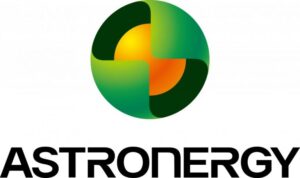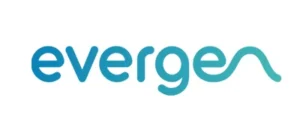Understanding your New Energy Tech options
Properly researching your options before purchasing can help you get the most value from your energy system. Our free consumer guides, developed by Energy Consumers Australia, explain how to ensure you get tech that meets your needs.
Understanding your New Energy Tech options
Properly researching your options before purchasing can help you get the most value from your energy system. Our free consumer guides, developed by Energy Consumers Australia, explain how to ensure you get tech that meets your needs.
Consumer Information Brochures
Properly researching your options before purchasing can help you get the most value from your energy system. Our free consumer guides, developed by Energy Consumers Australia, explain how to ensure you get tech that meets your needs.
FAQ
Frequently Asked Questions
During the day, your solar power system (also known as a solar PV system) provides electricity to your house, reducing the amount of energy you buy from your electricity provider. It also means the energy you’re using is renewable.
The solar panels on the roof turn sunlight into energy.
An inverter converts the energy into electricity for your home.
Your solar panels can help power the appliances you use at home while the sun is shining.
Electricity you don’t use during the day may be able to be sent to the grid for other people to use. You could also be paid for the solar power you sell.
Save money: you’re using electricity that you’ve produced, instead of buying it from a provider; and if you are using less energy than you’re producing, your energy provider may buy it off you to share with your community.
Reducing your impact on the environment: By using the sun to power your home, you are generating zero-emissions energy for yourself and possibly your neighbours.
It also helps you reduce reliance on providers: instead of depending solely on an energy provider, you are making some of your own energy.
Remember:
There will be times, such as in winter or cloudy days, when your solar panels produce less energy than you use. To fill this gap you will use regular energy from the grid, which you will be billed for.
You’re always better off using your solar to power your appliances than using the grid. Try to use major appliances (such as your washing machine, air conditioner, dishwasher) during the day if you can so they are using your solar electricity.
If you’re using a few major appliances at the same time, you might need extra energy from the grid as well as your solar. To rely more on your solar power and not the grid, try to use your major appliances one at a time.
Don’t worry:
There will be times when you need to use a few major appliances at the same time and therefore buy some extra electricity from your retailer. It’s ok: you’re probably saving enough by using your solar power to make up for it.
Solar exports, or solar feed-in, is any solar power your system generates that is more than you need to use at the time. This extra amount may be sent to the electricity grid and used by your neighbours. The amount is measured by your meter and your electricity retailer may pay you for it.
The amount you are paid is called the feed-in tariff and it varies depending on your electricity retailer. It might also vary at different times of day – for example, it might be higher in the late afternoon when more electricity is being used by your neighbours.
When you get your electricity bill, the amount your retailer owes you (your feed-in tariff) will be deducted from the amount you have to pay them for the electricity you used from the grid.
The amount you can feed-in might be limited by the ability of the electricity grid in your area to take it. In some places, no feed-in is allowed. But don’t worry – you still save a lot by using your solar power yourself.
Interested in solar power, home batteries, EV chargers and other new energy tech?



